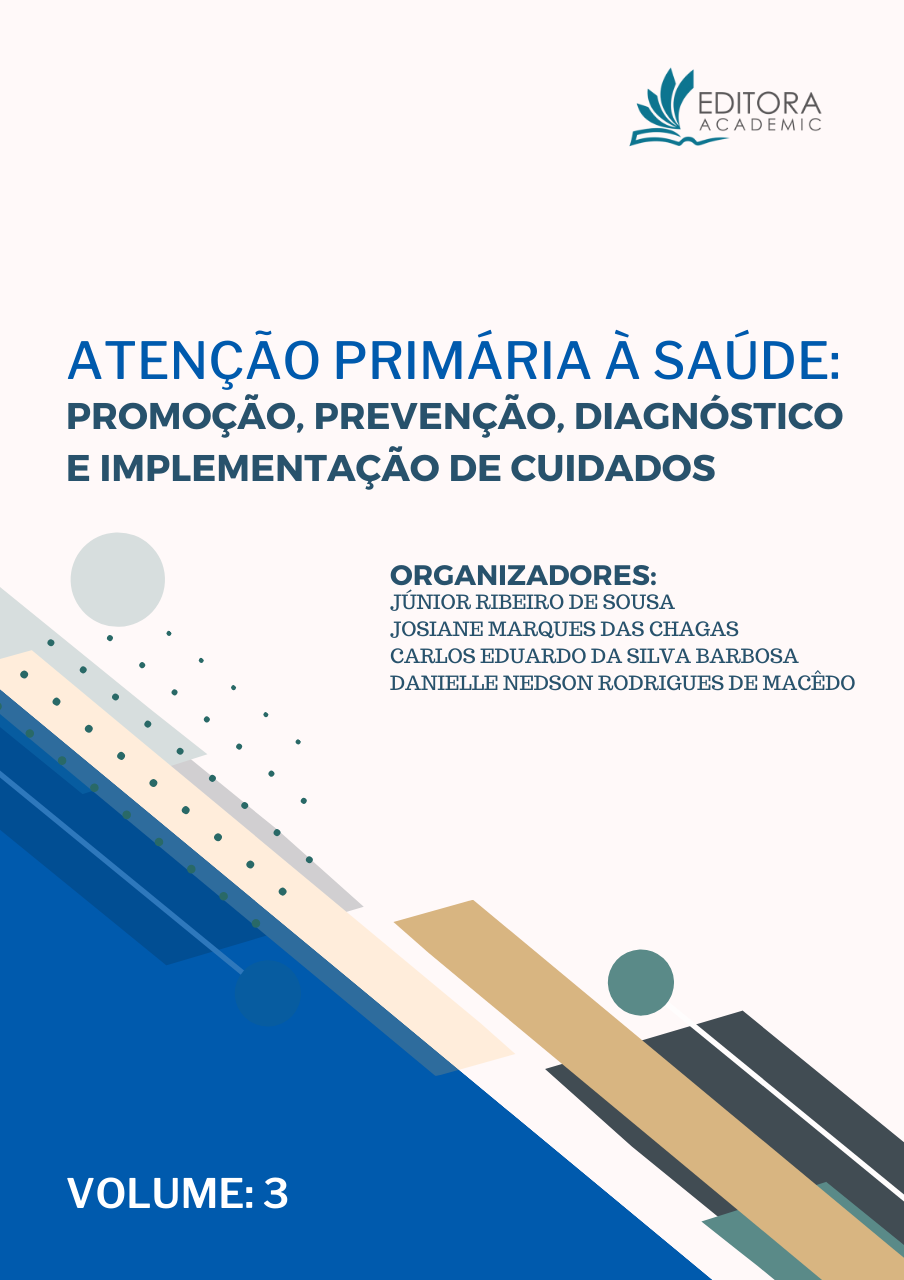
Doenças Crônicas não Transmissíveis (DCNT), como o Diabete Mellitus tipo 1 e tipo 2 e a Hipertensão Arterial, são uma preocupação para a Saúde Pública, especialmente no Brasil, devido à alta prevalência e ampla possibilidade de iniquidades delas decorrentes. A Atenção Primária à Saúde (APS) é essencial para prevenção e gerenciamento, compondo seu escopo de ações o HIPERDIA, que promove acompanhamento multidisciplinar a usuários com Hipertensão e/ou Diabete. Objetivo: Investigar e analisar as práticas de cuidado continuado utilizadas na APS através das ações do HIPERDIA, bem como identificar possíveis lacunas para implementação na APS. Metodologia: Trata-se de uma revisão de literatura narrativa, realizada em arquivos do Acervo de Recursos Educacionais em Saúde (ARES) da UNASUS (Universidade Aberta do Sistema Único de Saúde) e SciELO. Foram utilizados os descritores indexados: “Hipertensão”, “Diabete Mellitus” e a palavra-chave “HIPERDIA”. Foram considerados elegíveis para a revisão relatos de caso e de experiência em português, sem filtro de ano de publicação, que expusessem práticas de cuidado no contexto do HIPERDIA e excluídos artigos incompletos e que não abordassem o relato da implementação do programa na Unidade Básica de Saúde. Resultados e Discussão: Os 5 estudos incluídos apontam que as ações de HIPERDIA incluem tanto consultas como aferição de variáveis de saúde na área de adscrição. Além disso, revelam como potência do programa a realização de reuniões periódicas de educação em saúde que favorecem o vínculo entre usuário e profissionais, promovendo adesão ao tratamento. Dentre os desafios na implantação da estratégia HIPERDIA é elencada, principalmente, a fragilidade das ações educacionais. Considerações Finais: As estratégias de HIPERDIA demonstram papel relevante na coleta e acompanhamento de informações que subsidiam intervenções individuais e comunitárias. No entanto, para melhorar o controle dessas condições e a eficácia das ações preventivas, é necessário aprimorar o uso do sistema e promover maior aderência por parte dos profissionais de saúde, fortalecendo a abordagem multiprofissional para beneficiar os pacientes e a saúde pública.